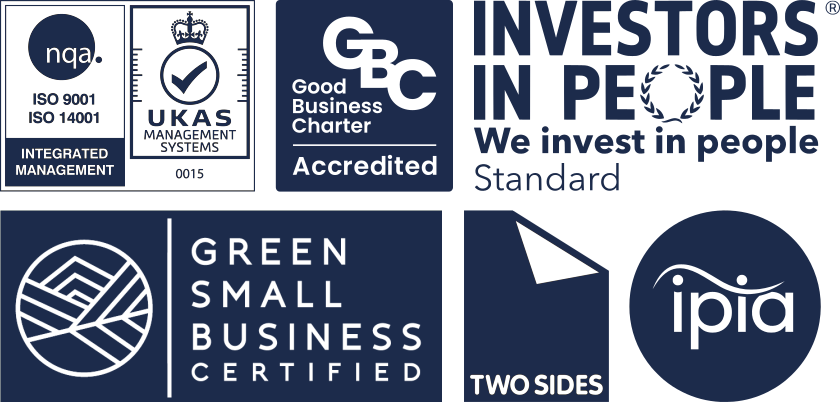Dear Website Visitors,
We are aware of ongoing fraudulent activity in which unknown individuals are impersonating Systematic. They use names such as “Daniel Alfred”, “Mark Wilson” and other similar aliases, and contact businesses offering website or SEO-related services. These communications do not originate from Systematic.
Please be aware that legitimate communication from Systematic will always come from an email address ending in @systematic.uk. We never use Gmail, Hotmail, Outlook or any other free email accounts for business communication. We also do not use WhatsApp or alternative mobile numbers; all genuine calls will come from our main office number: 01472 851091.
The impersonators may use older versions of the Systematic logo or outdated branding. Any such use is unauthorised.
We are actively reporting all fraudulent email accounts, WhatsApp numbers and activity to Google, Microsoft, WhatsApp/Meta and the relevant authorities.
If you have received suspicious correspondence, please forward it to web@systematic.uk so we can review it.
We recommend blocking the sender and marking the message as spam within your email or messaging app.
